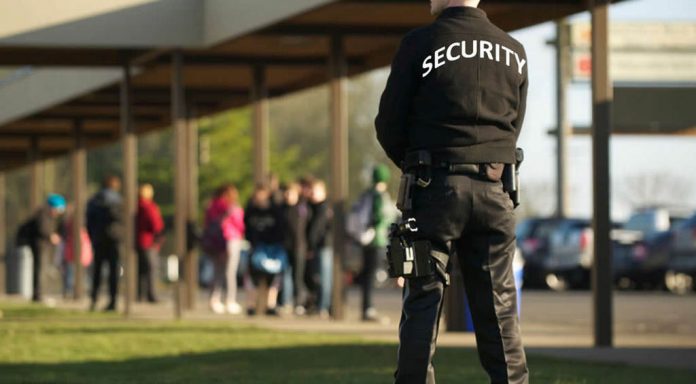Deur Desirée Rorke @Dezzierorke 05 Julie 2017 06:01
From <http://www.netwerk24.com/ZA/Tygerburger/Nuus/beware-of-crying-criminal-with-pics-20170704-2>
A hefty fine, 12 months’ imprisonment or a massive civil suit could await you, should you post a picture of any perceived “criminal” on a social media platform.
Legal specialist in all police matters, Advocate Melville Cloete from the provincial police, recently spoke about the legislation surrounding this topic at a talk at Gene Louw Traffic College in Brackenfell.
He addressed members of local neighbourhood watches, warning them of the dangers linked to posting such photos on social media. “You are not allowed to publish a picture identifying an alleged suspect in a crime on WhatsApp or on Facebook before this person had appeared before a court of law,” he stressed.
The South African Police Service Act strictly forbids this.
The same applies to pictures of anybody who might be a witness in a criminal case.
“Members of neighbourhood watches often take pictures of suspects at crime scenes, which you can do, but the moment you send the picture to someone else or post it to a social media platform, it is considered published,” he said.Posting photos could lead to vigilantism Vigilante action is rife in many areas of Cape Town. Advocate Melville Cloete
According to Cloete, the only exception applies when the investigating officer on the scene gives his permission for the picture to be published. In addition to the Police Act, section 35 of the Constitution affords every citizen the right to a fair trial.
“The publication of a photo identifying the alleged perpetrator could thus render the trial unfair and it might result in the suspect being acquitted. The same applies if the perpetrator is identified in public before an ID parade has taken place,” said Cloete
The publication of such a photo could furthermore defeat the ends of justice, by hampering a pending investigation. “It can also lead to vigilante action in cases where the person arrested is innocent, but as a result of the published photo, which depicts him as a criminal, the community takes the law into its own hands.”
Cloete says vigilante action is rife in many areas of Cape Town.
When publishing such a photo a person could also land him or herself on the receiving end of a defamation lawsuit. “Everyone has the right to a good name and reputation and the person who taints this with defamatory statements, by posting such a photo, can be held liable for damages in civil court,” said Cloete, adding that numerous complainants have won such cases in recent years.
Danger of unlawful arrest, detention
Lastly the publication of such a photo could result in unlawful arrest and detention. In the case between Mkwanazi and three others, the Minister of Police was successfully sued for an unlawful arrest when the aforesaid men were unlawfully arrested following a WhatsApp post that was picked up by police.
“In the post the men were identified as perpetrators, which prompted police to arrest and detain them only to find out two days later that these were the wrong men,” said Cloete
In this case the policemen involved did not investigate or analyse the information received from the members of the community. “It can happen so easily. We have to be very careful what we publish on social media platforms such as WhatsApp. If you see a person in your neighbourhood and you have grounds to believe him to be a criminal, don’t just take a photo, naming him a suspect, and post it. Rather state the facts around the circumstances and post that,” Cloete advised the audience.
From <http://www.netwerk24.com/ZA/Tygerburger/Nuus/beware-of-crying-criminal-with-pics-20170704-2>



